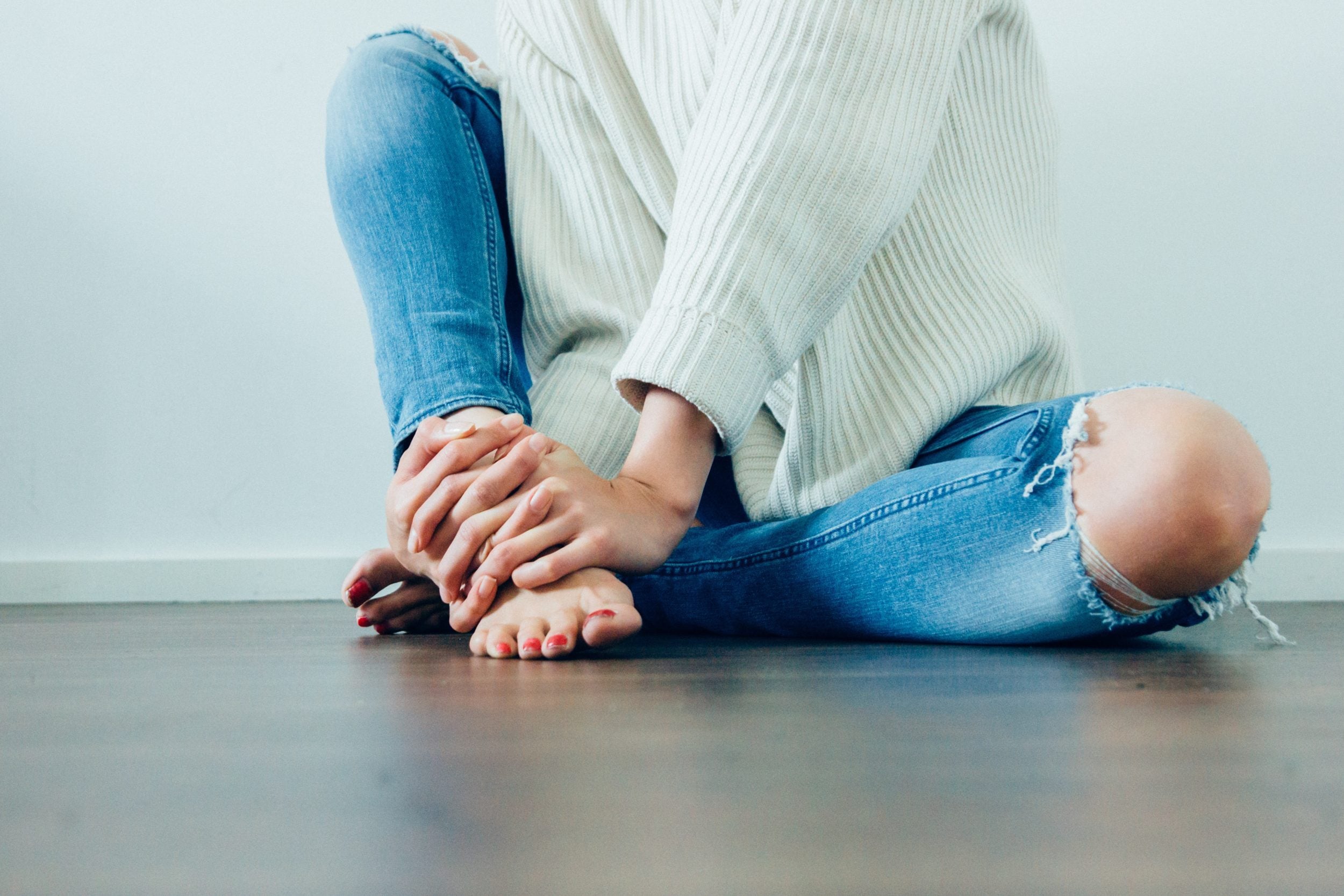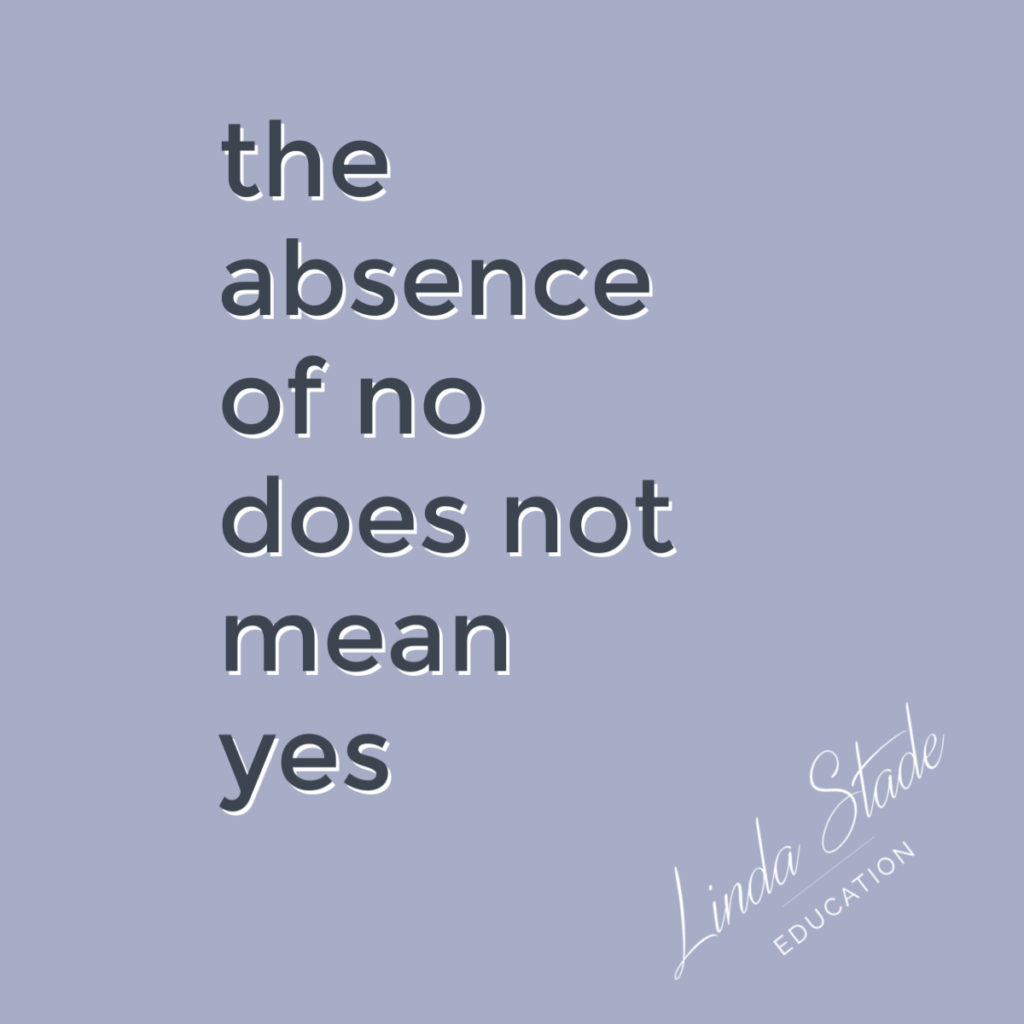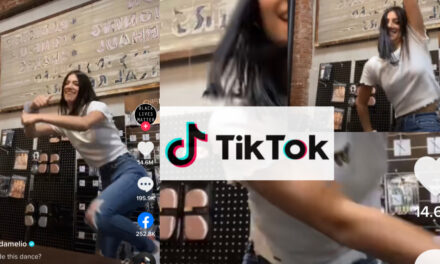For many of us, there are few things more uncomfortable than teaching kids about sex. I’m not talking about reproduction. That’s relatively simple. But sex? What happens and how we treat one another during sex? Well, that’s a bit more difficult.
For a start, you have to view your child as a sexual being. That can be confronting. However, that’s what we need to do, especially if we don’t want the porn industry to educate them for us.
30% of all internet traffic is porn. Children, whether by intention or not, are often being exposed to porn from a very young age and it is often very violent. All you have to do is misspell Hotmail in a search engine and up it comes. Children naively searching for ‘graphic artists’ for a school assignment can get the shock of their lives.
Obviously, it isn’t always an accident. Teens are naturally curious about sex, so they look for it online. It is a way of doing some ‘research’ in private about something they find embarrassing. In fact, sex researcher and educator, Maree Crabbe says more than 90% of boys and 60% of girls have sought out porn online before they turn 16.
The average age of first exposure to porn is 11.
What impact is porn having on our kids?
According to Crabbe, films have become much more violent than they were in the past. Most of that violence is aimed at women. A content analysis of the fifty most popular porn films found that 88% of scenes included acts of physical aggression against women. 48% included verbal aggression. Our teens are internalising these messages.
Some people say that ‘This is fantasy and nobody believes it’s real’. That simply isn’t true of a young, developing, inexperienced mind. Many children and teens think it is real. Why wouldn’t they? Unless we tell them that sex in pornography is just a performance.
“Pornography can influence a young person’s expectations about sex, for example, what young men expect their partners to do and vice versa. It can shape sexual practices, with studies finding that young people may try performing common sexual acts seen in dominant hetero pornography such as:
anal intercourse;
facial ejaculation;
sex with multiple partners; and
deep fellatio.
Pornography is also associated with unsafe sexual health practices such as not using condoms and unsafe anal and vaginal sex.” (The Australian Institute of Family Studies 2017)
Researcher and advocate for girls, Melinda Tankard-Reist is the author of, Big Porn Inc. She tells us that many young girls are allowing themselves to be treated disrespectfully in their early sexual experiences because that is what they have seen on screen. They don’t understand why it hurts so much or why they feel so violated when the women in porn seem to enjoy it.
The messages are confusing for boys too. When they try things they’ve seen in films it goes badly. Their partner might be in pain and distressed, leaving a boy confused and upset. They don’t set out to hurt their partners. There are no demons here, just poorly educated kids.
We assume that people understand the rules of sexual relationships, but they don’t. The #metoo movement shows us just how important it is to teach kids about consent and respect. It isn’t good enough to assume consent when someone doesn’t say no. There needs to be ‘enthusiastic consent’. Both parties need to say ‘yes’. The absence of ‘no’ does not mean ‘yes’.
Teaching kids about sex: Whose job is it?
Many people would like to shield children from pornography by banning it altogether. The internet is currently immune to censorship in most parts of the world. Tankard-Reist argues that should change. When accused of wanting to create a ‘nanny-state’, she argues that a nanny is someone who looks after children. Isn’t that what we are compelled to do? As much as I admire her fervour, I don’t think she will win that fight.
Other people believe we will never stop children from watching porn, so learning about it needs to be normalised. Some schools already do this as part of Health Education.
Ultimately, to me, it is parents who need to be aware and involved. Parents need to have open conversations with kids about what sex in a respectful relationship is like and how it differs from porn. For some, this will be fine, for others, it might be very confronting. It’s okay to feel uncomfortable and it’s okay to tell kids you’re uncomfortable.
Talking about sex with kids will also involve putting aside fears of what you might hear. You need to really listen to them. We need to answer questions openly and honestly and acknowledge that, as in all areas of life, people’s sex lives and beliefs about sex are different. If we want our kids to grow up with a healthy respect for their own and other people’s sexuality, those conversations will involve a lot more than just telling them what is right and wrong. However, it is an opportunity to affirm your family’s values.
A few things to keep in mind:
- Teaching respectful behaviour starts when kids are very young and in age-appropriate ways.
- Whenever you talk about sex, be as relaxed as possible. If you’re overly anxious or embarrassed your child will assume there is something wrong with what is being discussed.
- Try to find occasions when the topic comes up naturally.
- Tune in to what is being taught at school. The protective behaviours programs start in early years education so there will be language about boundaries and privacy that kids will feel very comfortable with. High school curriculum can vary dramatically from school to school, find out what is being taught at your kids’ school.
- Be as honest as possible, especially when kids ask questions. They need to know they can ask you things and you’ll help them. Knowing they can come to you will be invaluable in the future.
- As tempting as it will be, don’t deliver rehearsed speeches or lectures. This is a gentle, ongoing conversation.
- Keep it simple.
- Address consent. The absence of no does not mean yes.
- This is going to be an ongoing conversation. Little bits of information at once. You can’t just dump information and run. They will need to hear key messages often. And they will think about what you say and have questions later.
- It will get easier. It will get easier!
Finally…
Ultimately, we need to give kids a healthy respect for sex: Sex that is consensual, mutually pleasurable and at an age when it can be fully understood and appreciated. The person who can do that in the most sensitive, powerful and effective way, is you…please don’t leave it to the porn industry.
Sign up and have Linda’s fortnightly blog posts delivered to your inbox
Linda would love to meet you on her Facebook page here









